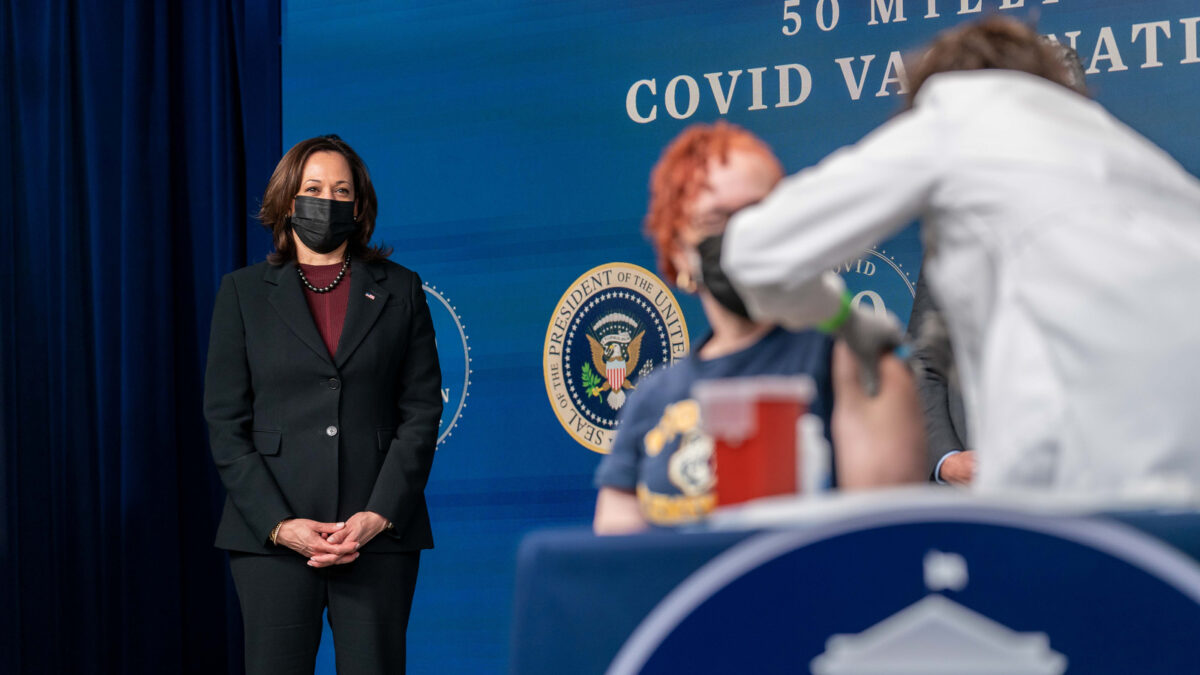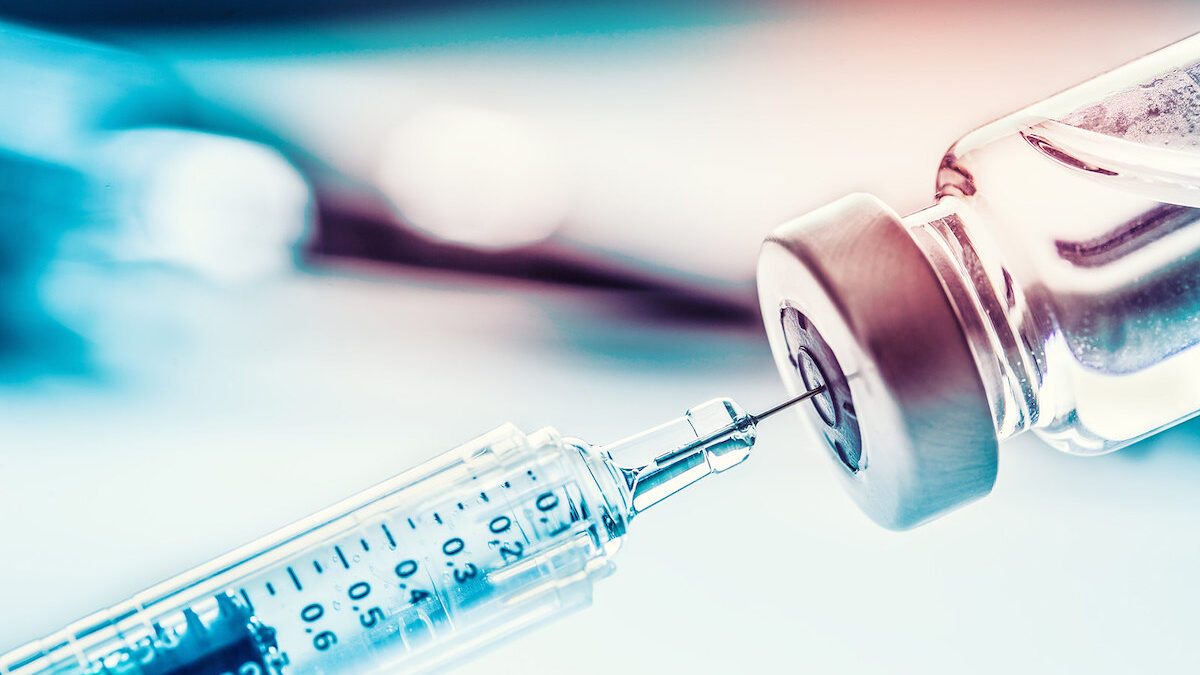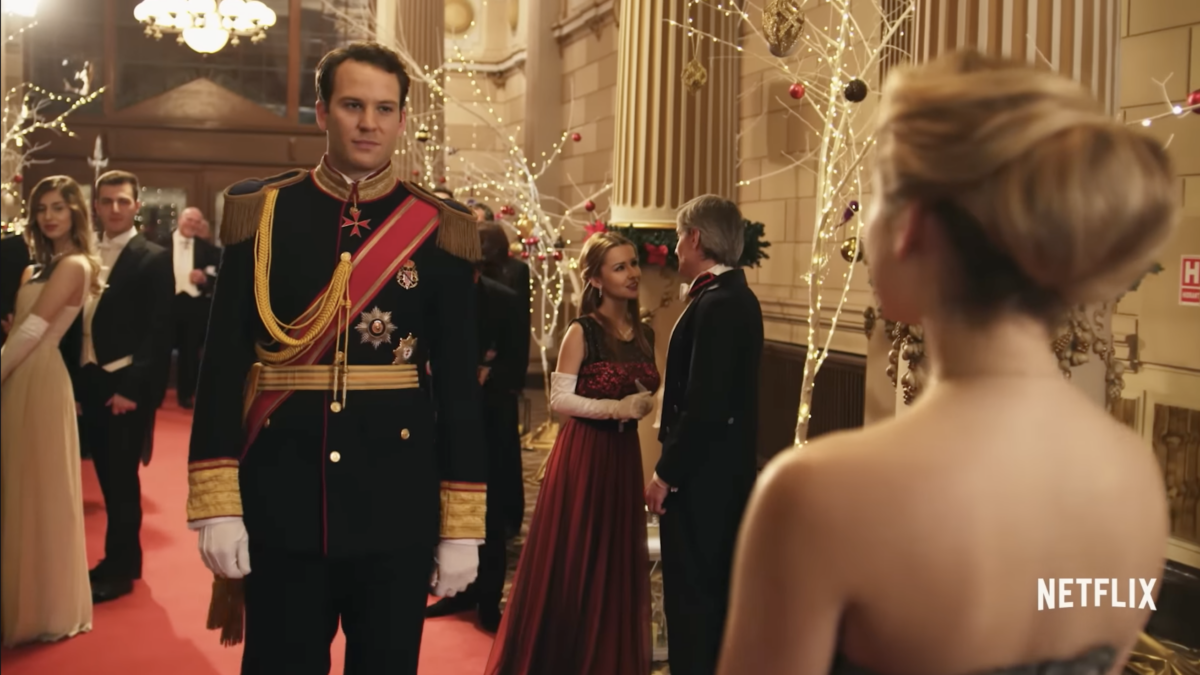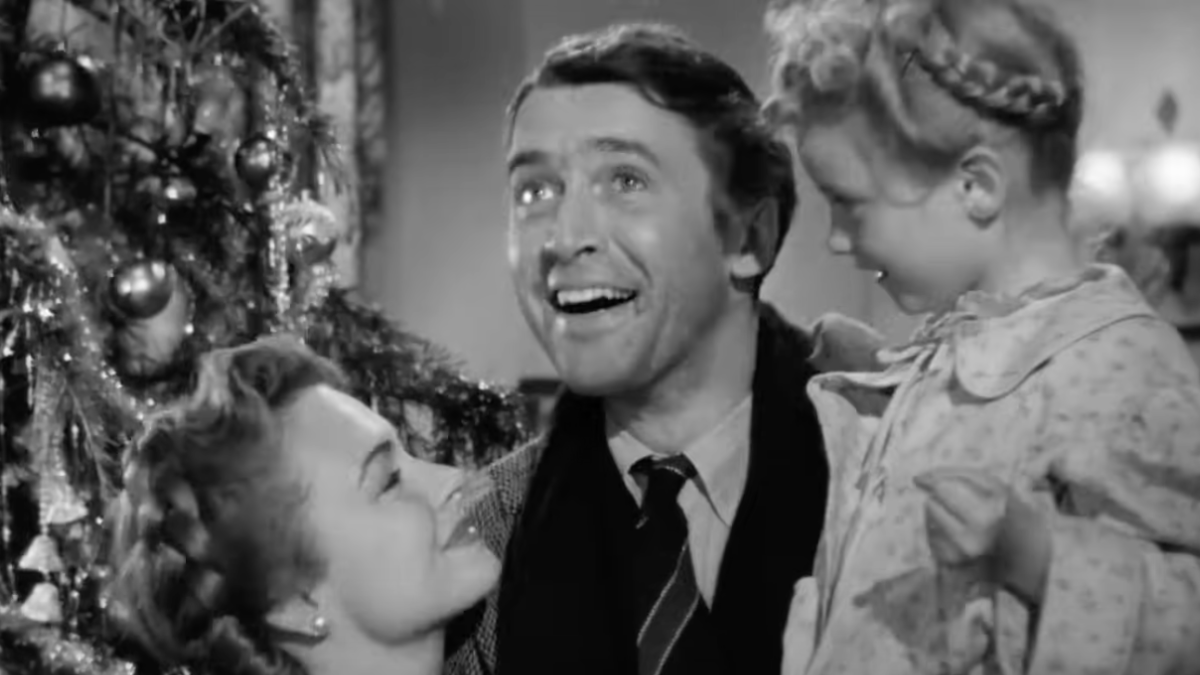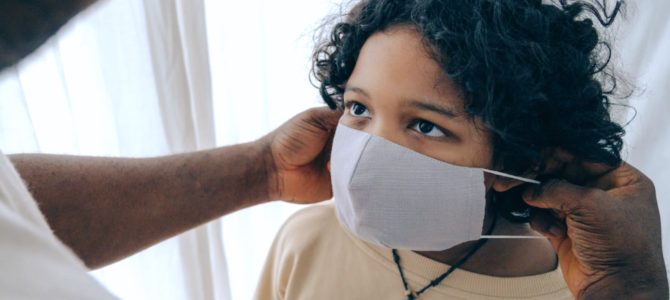
Parents on Reddit are desperately trying to crowdsource answers: How do I get my stubborn toddler to wear a mask?
“Make them a HUGE DEAL [and] talk about how awesome they are,” one parent replied. “[You] can even throw in how they don’t let you get sick or something, the mask has a superpower that only works when it’s on!”
“This works!” chimed in another. “Positive reinforcement, and we wear them ourselves so our son wants to be part of the group.”
Several other parents said fun fabric patterns, such as shark teeth or Winnie the Pooh, had worked for them. A single redditer on this subreddit dared to ask why these parents were trying to mask their toddlers in the first place.
Parents in some states, such as New York, have no choice but to figure out how to comply with the mask mandate for children older than two years old, or else keep their children out of public spaces indefinitely. Yet despite a near-complete lack of evidence children spread COVID-19 to vulnerable people or are likely to fall seriously ill from it, many parents are following state recommendations to mask their toddlers. Some serious adherents of this orthodoxy are even publicly shaming parents who don’t or can’t mask their little ones.
The Centers for Disease Control and Prevention says it is physically safe to put masks on children older than two, but splashy prints and superhero tropes don’t make masking toddlers “harmless.” Masks make it difficult to communicate with children who need constant attention and direction while in public, and ensuring compliance is a burden for already-stressed parents.
On a policy level, the groupthink on masking toddlers should concern anyone who doesn’t want her freedom stripped away for the phantom of a chance something remotely bad might happen. If evidence isn’t the justification for health rules, there needn’t be any justification at all.
Where’s the Evidence?
The evidence over the past few months is remarkably consistent around the world that children seldom spread SARS-COV-2, and almost never to adults, even when in extended contact with parents, teachers, and caretakers. Based on what we know, the risk a symptomless child would infect someone, or become infected, while whizzing past grocery shoppers or even sitting behind them on a flight is almost zero.
Reporting on the dearth of outbreaks among child care centers, NPR notes there are almost no documented cases of child-to-adult transmission. Children seem to rarely catch the Wuhan virus, and when they do, not only are their symptoms mild, but they are extremely unlikely to pass it on to others.
According to the report, since March, the YMCA says it’s looked after 40,000 children, all between the ages of 1 and 14, among 1,100 sites. Many have been children of essential workers, some of them in the health care industry.
New York City’s Department of Education also cared for 10,000 kids of essential workers, and so far, neither has been blamed for a single COVID-19 cluster, with no more than one positive test reported at any site. Children were not required to wear masks at the YMCA, but practiced rigorous hand-washing, limited group sizes, and “airplane arm” social distancing.
Education policy expert Elliot Haspel wrote in an op-ed, “[N]o nation in the entire world reports child cares or elementary schools as significant sources of transmission” (emphasis his). Child-to-adult transmission seems to be a rarity, with only two reports of such cases from Iceland’s extensive contact-tracing.
Because they’re so afraid of COVID-19, however, and because places like New York have mandated masks for children older than two, some parents have kept their kids at home for months because they’re afraid they can’t keep their children’s masks on. While these parents mean well, it is borderline cruel to keep small children inside for long stretches of time when they need socialization, opportunities to practice manners in public, and chances to run around and breathe fresh air. That’s the consequence of abandoning evidence as a standard for policy, and New York officials have mostly themselves to blame.
Effective Parenting Requires Seeing Your Toddler’s Face
As if the lack of evidence isn’t enough to abandon the Barbie mask to the void between the washer and dryer, consider that masking makes communicating with little children much more difficult.
For example, my three-year-old often speaks very quietly. Many of her sentences degrade into barely decipherable mumbling. If we’re in the store and she mumbles that she needs to go potty, I could miss it and risk not making it to the restroom in time. Masks can also add frustration for toddlers, as their language is even less understood than usual. Their language development depends on clear and frequent communication.
Face coverings can also hide much of what’s going through a child’s brain. Parents rely on those lip quivers, brief frowns, and flashes of joy to help them teach and nurture their children. Parenting without it is like making dinner by the light of a single candle. The mask mandate for adults also means it’s harder for kids to understand us. Kids rely heavily on social cues to guide their behavior, a problem of which the COVID Karens seem willfully ignorant.
From kids saying they’re hungry to excitedly relaying a story, covering up two-thirds of their face makes it much harder to interact with them in harmonious and productive ways.
Yet Another Exhausting Parenting Battle
Besides the fact that masking toddlers is statistically useless and inhibits important parenting interactions, it’s yet another huge battle for parents to fight, when parenting toddlers is already exhausting. Some have gotten a high degree of compliance from their little ones by buying cool mask patterns or telling them masks are for superheroes, but a reddit search reveals many others are struggling to get kids to keep masks on.
Taking toddlers to the store takes years to master. It’s already more difficult during the pandemic, as parents try to get the things on their list while giving people space and keeping kids’ quick little fingers from grabbing things off the shelves. Add keeping a mask on a stubborn toddler, and you’re asking for a meltdown for mom or dad and at least one kid.
After months of lockdowns, nonsensical regulations, the threat of being “sent backward” in phases, plus other responsibilities such as putting food on the table, parents are already at their limits. Life is exhausting right now, and parents shouldn’t let groupthink drag them into another wearisome parenting battle.
You might say, “to each his own,” or even praise toddler-masking parents for their willingness to go “above and beyond,” but this tendency to abandon evidence in favor of what’s popular or “extra safe” is extremely concerning. Once we as a society forsake evidence as the basis of our decisions, the things most likely to fill that void are fear and manipulation. We’ve already surrendered most of our liberties to the state’s whims, so if evidence is no longer the standard for making rules and guidelines meant “for your safety,” you have no justification for questioning them at all.
Replacing evidence with abundant precaution means we conform uncritically to oppressive measures that inhibit important social interactions. In this world, guarantees include social isolation, the loss of tens of millions of jobs, and even the inability to see your child’s face. Before you reach for that toddler-sized mask, ask yourself if that’s the kind of world you want.


